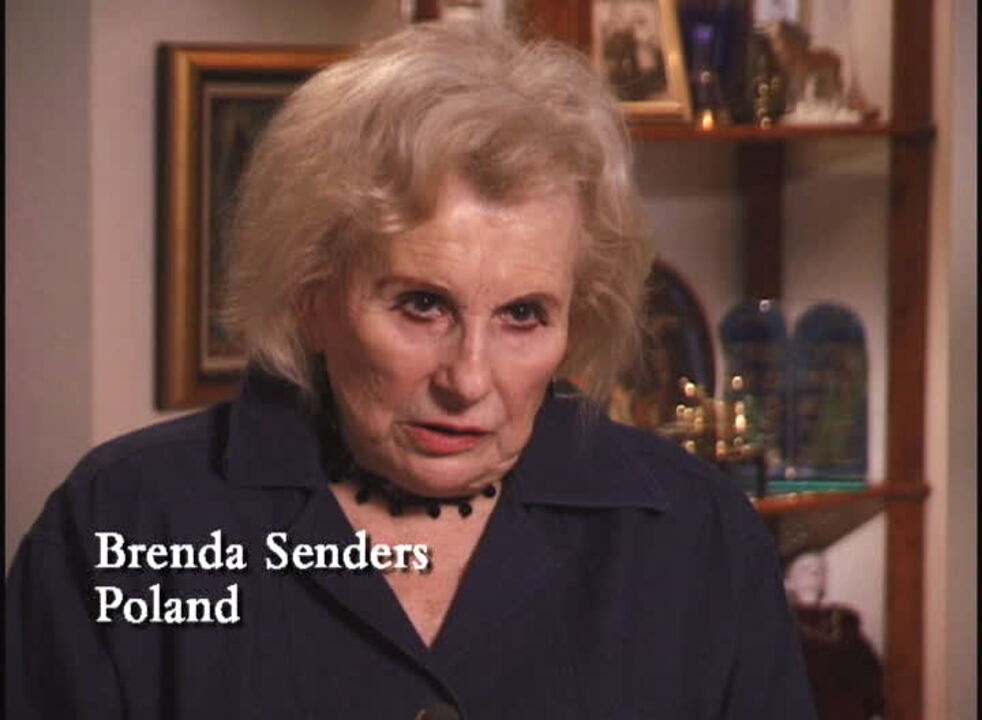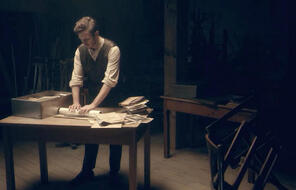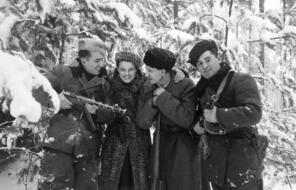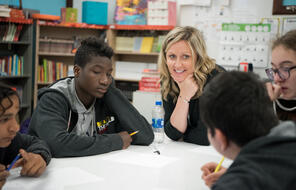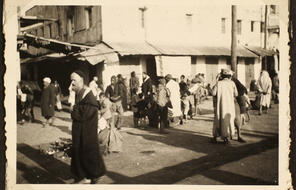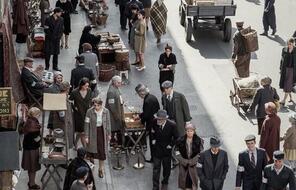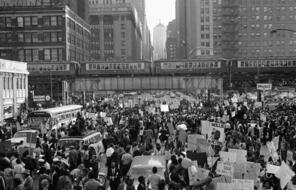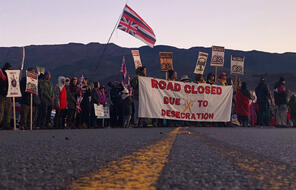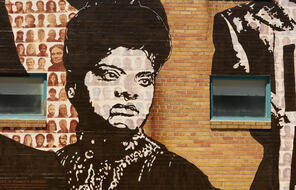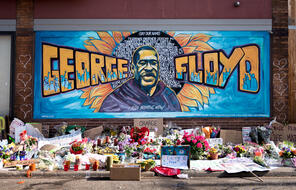[MUSIC PLAYING]
Winter's bad weather brought more difficulties to the partisans.
The snow, you can't walk in the snow. Sometime two, three feet high snow. And you leave traces when you walk.
So we had to walk in different directions to confuse the enemy, so the enemy will not know where we are situated.
We used to go backwards, like instead of going this way, we're going this way. We learned a lot of tricks.
Jewish partisans struggle to keep warm with inadequate clothing. Many only wrapped rags around their feet for shoes.
That was the fiercest winter of 1942. It was very, very cold. And we just went out with what we had on.
I stood guard once in winter, with just a shirt made out of silk from a parachute. Now, that's cold.
You're soaking wet, I mean wet. And you never take a shower. You never bath. You stink. Unreal. 40 below 0, 30 below 0. It's tough. You cannot hold your gun in your hand because the hand freezes to the gun. Tough.
My legs were burnt completely, because it was so cold when we sat in front of the fire, I did not feel that my flesh was burning my legs. It was a horror.
We were sleeping in the forest in freezing rain, in snow, on the snow. The snow covered us up. In the morning, I got up, was a blanket of snow.
Sometimes we used to cuddle up to each other, and just for the warmth of it. And in the morning, it was cold in our country.
Very often we slept with animals, and they put up a lot of heat.
To survive in these harsh conditions, partisans scavenged among the dead.
I could not have any blanket all this time. Then we hit some Germans when they were retreating and two of them that were killed, I see a blanket behind him. So grabbed his blanket, and that was the best present that I ever had.
But the bad weather also had advantages.
But the winter gave us a feeling of safety. Because when you looked outside, the area in which we were encamped, you could see footprints, you could see if people were walking there. So we really felt safer even though we were a lot colder.
The worse conditions were, better it was for us. We only walked at night because it was dangerous for us to walk during the day. Because the Germans were around, the Polish antisemites were around.
So the night, blizzard, heavy snow, heavy rain. This was our friends.
The night is protect us. A mother protects her children, the night protect us. The night is our mother.
[MUSIC PLAYING]
